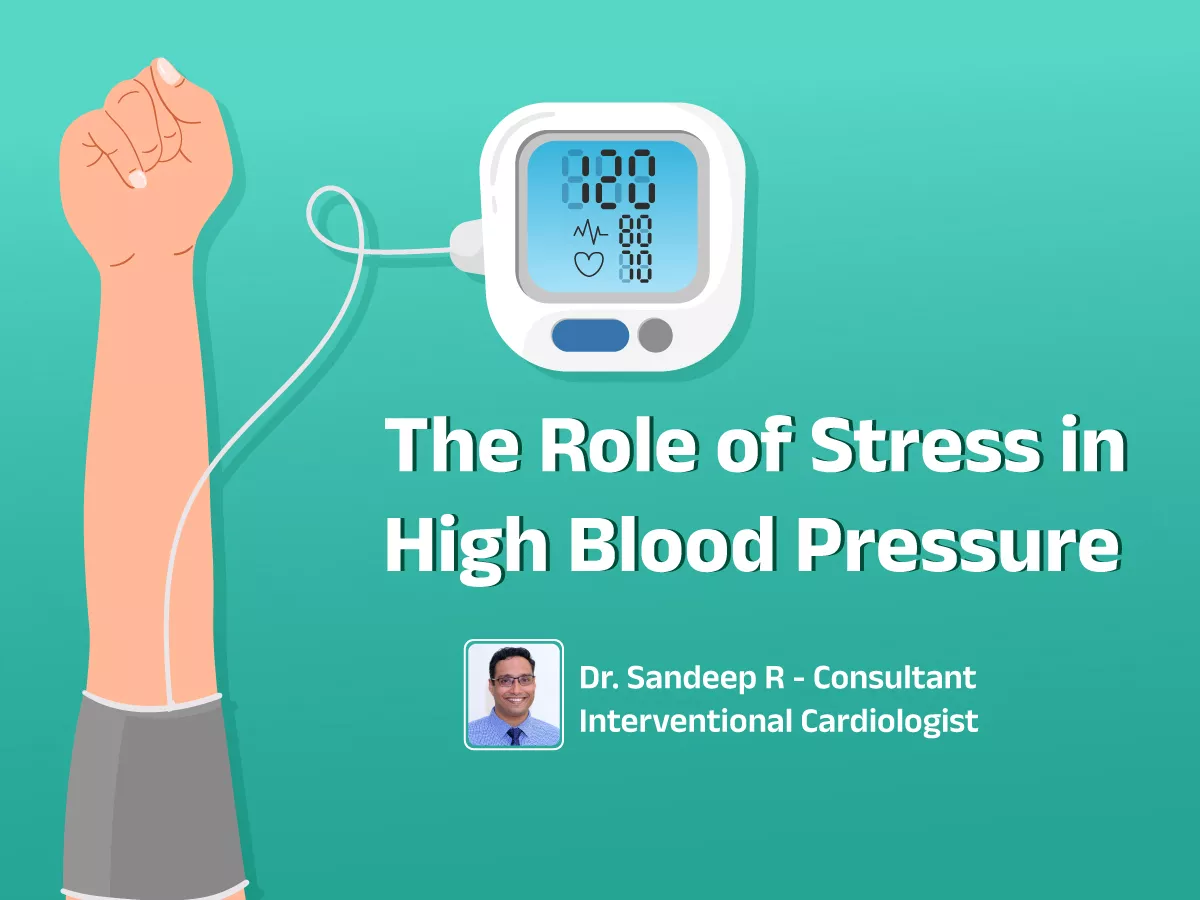Hypertension, commonly known as high blood pressure, is a prevalent health condition that affects millions of people worldwide. While most cases of hypertension can be managed effectively with lifestyle changes and medication, some individuals experience resistant hypertension, which poses significant challenges for treatment. Fortunately, advancements in medical research have led to the development of new treatment options for resistant hypertension. In this blog post, we will explore some of the latest treatment approaches that offer hope to individuals struggling with this condition. If you are seeking expert guidance, consulting a cardiologist in Kochi Kerala or visiting a heart hospital in Kochi Kerala can provide access to these advanced therapies.
Renal Denervation or Renal Artery Ablation
Renal denervation or Renal Artery Ablation is a promising minimally invasive procedure that targets the sympathetic nerves in the kidneys, known as renal nerves. These nerves play a crucial role in regulating blood pressure. In resistant hypertension, these nerves are overactive, leading to increased blood pressure levels. Renal denervation involves using a catheter to deliver radiofrequency energy to disrupt these nerves, reducing their activity. Recent studies have shown that renal denervation can effectively lower blood pressure levels in individuals with resistant hypertension. Hospitals with specialized cardiology services, such as a cardiology hospital in Kochi Kerala, are equipped to perform these procedures safely.
Baroreceptor Activation Therapy
Baroreceptor activation therapy is a relatively new approach for treating resistant hypertension. It involves the implantation of a device, similar to a pacemaker, that stimulates the baroreceptors, which are specialized sensors in the carotid arteries. By stimulating these receptors, blood pressure regulation is enhanced, leading to a decrease in blood pressure levels. Clinical trials have demonstrated the effectiveness of this therapy in reducing blood pressure and improving overall cardiovascular health.
Spinal Cord Stimulation
Spinal cord stimulation is a technique that has traditionally been used to manage chronic pain conditions. However, recent research suggests that it may also have a role in treating resistant hypertension. This therapy involves implanting electrodes near the spinal cord, which deliver electrical impulses to modulate the activity of the sympathetic nerves responsible for regulating blood pressure. Early studies have shown promising results, with significant reductions in blood pressure observed in patients with resistant hypertension.
Pharmacotherapy: New Medications
While medical treatments for hypertension have been available for decades, researchers continue to develop new medications specifically targeting resistant hypertension. One such class of drugs is the mineralocorticoid receptor antagonists (MRAs), which block the effects of aldosterone, a hormone that promotes fluid retention and increases blood pressure. MRAs have shown efficacy in lowering blood pressure levels in patients with resistant hypertension, either as monotherapy or in combination with other medications.
Conclusion
Resistant hypertension poses a significant challenge in managing blood pressure levels effectively. However, with advancements in medical research and technology, new treatment options are emerging that offer hope to individuals struggling with this condition. Procedures such as renal denervation, baroreceptor activation therapy, spinal cord stimulation, and renal artery ablation show promising results in reducing blood pressure levels in patients with resistant hypertension. Additionally, the development of new medications, such as mineralocorticoid receptor antagonists, provides alternative treatment options. It is crucial for individuals with resistant hypertension to consult with their healthcare providers to explore these innovative treatments and find the most suitable approach to manage their condition effectively. With continued research and advancements, the outlook for individuals with resistant hypertension is improving, bringing us closer to better control and management of this challenging condition.











